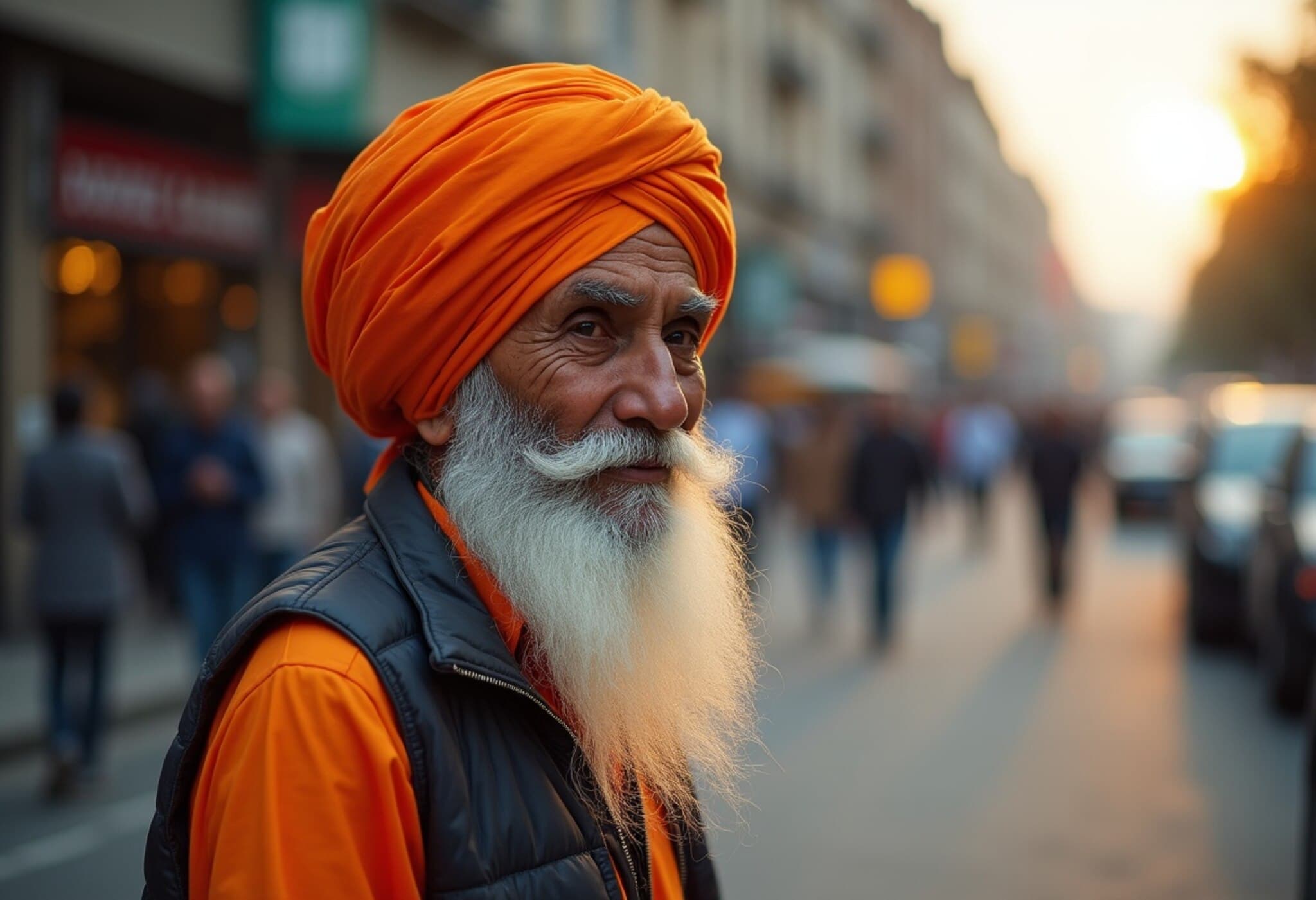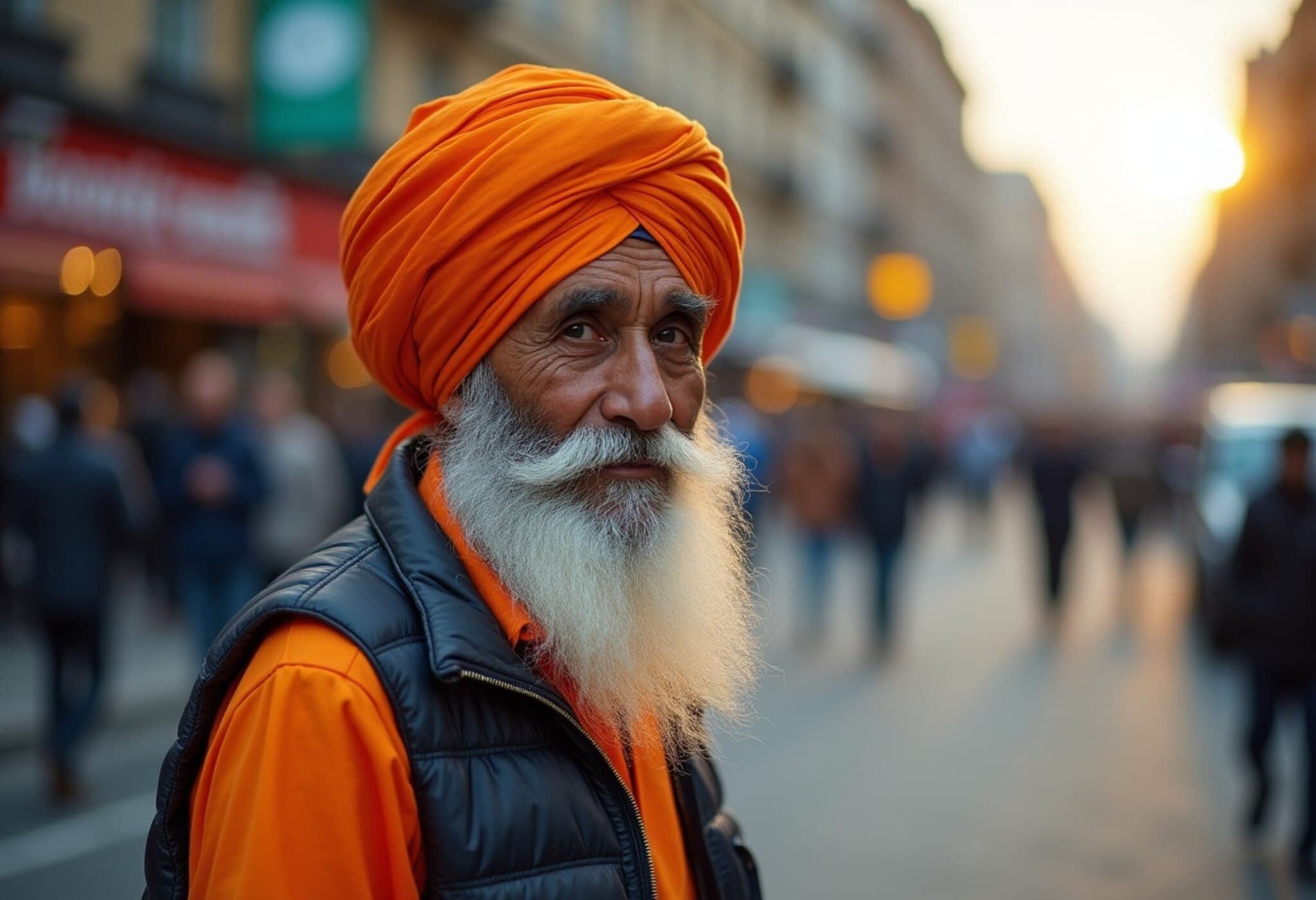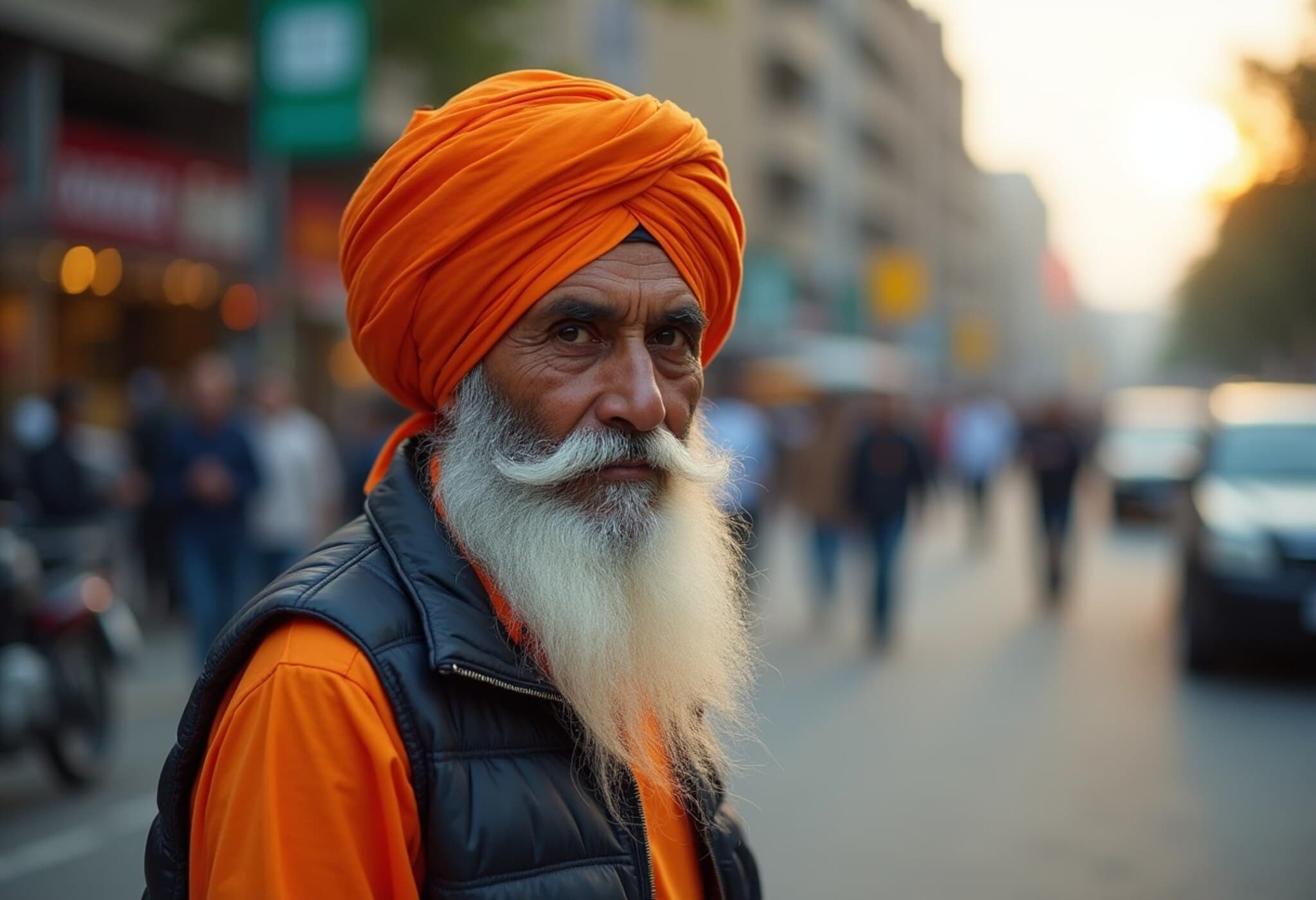Punjab Pays Final Tribute to Fauja Singh, Marathon Legend
Fauja Singh, who held the distinction of being the world’s oldest marathoner at 114, was laid to rest with full state honours in his ancestral village of Beas Pind near Jalandhar on Sunday afternoon. The legendary athlete’s passing in a tragic hit-and-run accident has left a profound void in the global sports community and his home state of Punjab.
State Leadership Honors a Symbol of Endurance
Punjab Chief Minister Bhagwant Mann and Governor Gulab Chand Kataria personally visited Singh’s bereaved family, extending their deep condolences and attending the funeral rites conducted according to Sikh traditions. Hundreds of villagers and admirers gathered at Singh’s residence, where his body was displayed for public viewing from morning until early afternoon, symbolizing the immense respect he commanded.
Chief Minister Mann spoke highly of Fauja Singh, calling him “a beacon of determination, discipline, and inspiration” whose longevity and achievements defy conventional limits of age. Emphasizing the legacy Singh leaves behind, Mann announced plans for a statue installation at Jalandhar’s renowned sports college, a nod to the city’s rich sporting heritage and an effort to inspire upcoming generations.
Governor Kataria reflected on Singh’s remarkable vitality and international acclaim, recalling their joint participation in Punjab’s anti-drug walk earlier in the year. He praised Singh as a living example of maintaining health and vigor well into advanced age, encouraging the public to remember his achievements and lifestyle.
A Life Story Marked by Resilience and Renewal
Born in 1911, Fauja Singh endured profound personal losses, including the deaths of close family members, which plunged him into grief during his later years. However, relocation to the United Kingdom in 1994 marked a transformative chapter. There, he embraced running and swiftly garnered global attention by completing nine full marathons between 2000 and 2013, against all odds and medical expectations.
Even in his elder years back in Punjab, Singh maintained a rigorous daily routine, walking for hours through his village fields and adhering to a strict vegetarian diet focused on traditional Punjabi foods like pinni, ghiya, and mangoes. His lifestyle underscored his conviction that age is not a barrier to health when matched with discipline and purpose.
The Tragic End and Swift Justice
Fauja Singh’s life was abruptly cut short in a hit-and-run incident on the busy Pathankot Highway near Beas village. Despite efforts at the hospital, he succumbed to his injuries after three hours. Police investigations, bolstered by CCTV footage and forensic vehicle analysis, led to the prompt arrest of 26-year-old Amritpal Singh Dhillon, a Canada-based NRI. Dhillon purchased the SUV involved in the crash only days before the accident, and has been charged under relevant legal sections for reckless driving causing death. His court appearance is scheduled imminently.
Unanswered Questions and Broader Reflections
- How can communities better protect their elderly citizens, especially those as active as Singh?
- What role should governments play in celebrating extraordinary individuals during their lifetime, rather than posthumously?
- Can Singh’s story influence public health policies encouraging active aging?
This tragedy, while deeply personal, touches on wider issues of road safety, elder respect, and cultural remembrance. It compels policymakers and society alike to consider how to value and protect their aging populations who continue to contribute vibrantly to cultural and civic life.
Editor’s Note
Fauja Singh’s journey from personal loss to becoming a global symbol of endurance is a remarkable testament to resilience and human spirit. His untimely death in a lawless hit-and-run shocks and saddens, but also renews the urgency of protecting road users, particularly vulnerable seniors. As Punjab honors him with statues and memorials, let us also reflect on how societies can foster healthier, safer environments that empower individuals to thrive at every age.



















